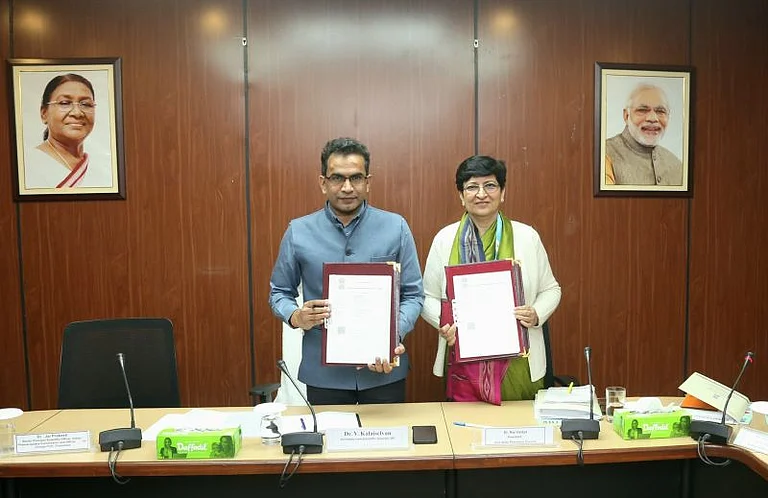General (retd) V.K. Singh’s recent allegation against the Indian army yet again underscores his lack of judgement and tact. But this is only the latest in a series of episodes where he has deliberately courted controversy. The ex-army chief’s conduct in office, particularly his decision to take the government to court and his attempt to torpedo the appointment of his successor, did considerable damage to the army’s institutional ethos. Having shed the uniform, the general has sought to reinvent himself as a star muckraker and scourge of all the ills afflicting the country. As a citizen, he is of course free to play any role in public life. But as a former service chief, he is the custodian of a tradition that has its own demands. In any case, is the tack taken by him really worthy of his expertise and standing? Take, for instance, his claim that the government had lost its legitimacy and that Parliament ought to be dissolved. Apart from the contempt that it displays for our political institutions, it raises important questions. Could the general’s views have been all that different when he was in office just a few months ago? Doesn’t it suggest a disturbing lack of allegiance to the principle of democratic control of the military?
Even by his own rights, such sensationalism is unlikely to be useful. If the general does seek a big-bang entry into politics, he would do well to consider other successful examples of soldiers. US Gen Douglas MacArthur basked in the warmth of public adulation after being sacked by President Harry Truman, but the soldier who got the Republican nomination for presidency in the next election was the low-key Dwight Eisenhower. When it came to real politics, the Republicans went with a soldier who demonstrated constructive leadership in public life and had a record of being a consensus-builder. This is as it should be. Gen Singh, however, seeks to carry over into public life the peremptory style of a military commander—now deployed in an agitational mode. This is hardly a recipe for success in democratic politics.
The general could have played a more useful role by instigating debate and educating opinion on issues where he has the requisite experience. It is well known, for instance, that while in office Gen Singh was unhappy with the state of our defence preparedness. Why not take this issue forward in the public domain? The general is particularly well-placed to spur such a discussion, not least because of his experience in thinking through the military challenges presented by a rising China. Instead, he’s embraced causes on which he’ll be hard-pressed to hold his own in a public forum. Sadder still is the ex-chief’s attempt to besmirch the institution that he led not so long ago. The treatment of the major by Gen Singh’s family was disgraceful. Far from apologising to the officer, the general has called for an inquiry. There is something bizarre about an ex-chief suffering from a persecution complex. Above all, it is ironic that Gen Singh thinks nothing of humiliating a brother officer whilst grandly espousing the ‘aam aadmi’ cause.
A former infantry officer, Srinath Raghvan is fellow at Centre for Policy Research. E-mail your columnist: srinath DOT raghavan AT gmail DOT com

























